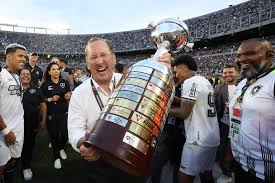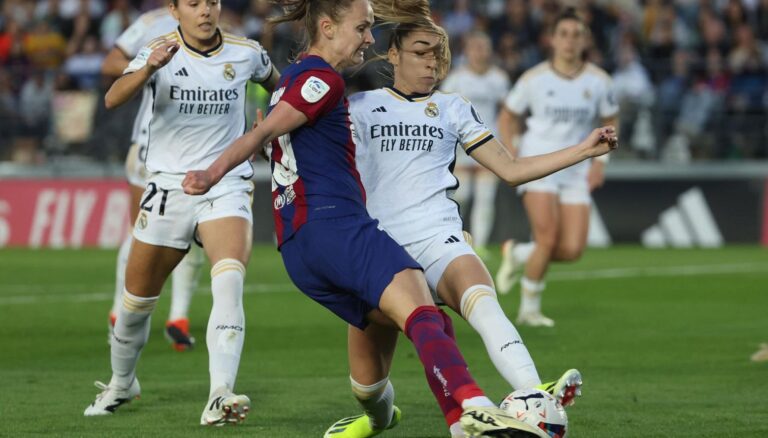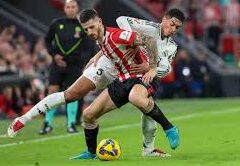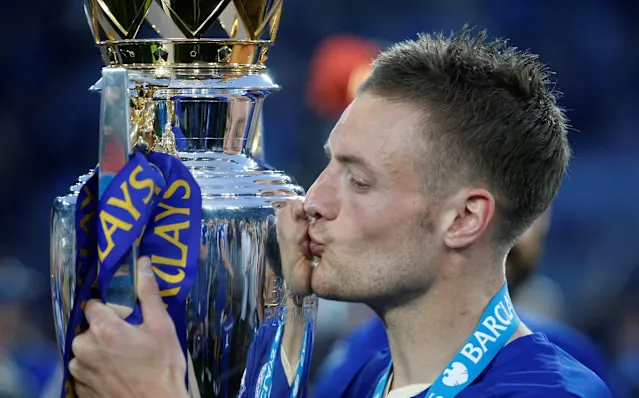
The Brazilian National League, Brasileirão, has been growing significantly for some time now. With players like Memphis Depay, Lucas Moura, Thiago Silva and Alex Telles, Some people will say that bringing big players like the ones above, will bring the attention of investors and bring more money to the league with sponsors and TV rights, but the teams that have those types of players, are the ones that already has the attention of the media and the TV channels, so the cycle of money is going to repeat itself. but in my opinion, this is a problem for the near future.
In Brazil, we were always proud to say the national league was one of the most competitive leagues in the world and teams with small finances could fight in the top places on the table, but this is changing fast. With the big teams only getting bigger, the only option for those teams that the financial status is not on par with the big teams is selling the team to a SAF (Football Anonymous Society) like Eagle Football Holdings, from John Textor or the City Group.
And now with the Club World Cup paying 50 million euros just for participation, the inequality in Brazil will be the biggest ever. The most clear example is Botafogo, the team John Textor owns. Just in 2021, Botafogo was in the second division, but with the money the SAF bought the club, in three years they were able to win the Brazilian National League and the Copa Libertadores.
In 2024, some SAF’s are starting to invest in teams with a big history in Brazilian football, but that are, nowadays, buried in debt and in the lowest divisions of Brazilian football. The biggest example is Portuguesa-SP. Portuguesa is one of the teams with the biggest tradition in the city of São Paulo. But now, the team has a debt of nearly 600 million reais (Approximately 100 Million Euros). The promised investment is one billion reais that is going to be injected into the club.
But then you can ask: Why is this bad?
The answer is quite simple. The Brazilian League is being run by money. With six teams in the first division and 63 across Brazil being SAFs, just to be able to compete in the first division, because, as I said, the big clubs keep getting bigger and the small clubs can’t keep up with the growth. The smaller teams will have to be bought to compete again in the league and selling the clubs is more than just selling a company, is taking for granted the culture of the supporters for money and for SAFs that just care about money.
With the growth of the big teams, you would expect that the other teams would invest in scouting to be able to find cheaper players, but that’s not the case in general. Those clubs prefer to focus all their financial strength on signing players and because of the financial force of some Brazilian teams, the price is inflated to every Brazilian club that wants to sign players from other South American nations, a solution proved to work in the past.
I know I support one of the biggest teams in Brazil, Corinthians, who has the second biggest revenue in Brazil, but I can see that in recent years the same teams have been in the spotlight and I think the scenario nowadays is going to an irreversible place. So the consequence of the Brazilian League’s growth is Brazilian football losing the shine and culture that we had for the last century.



